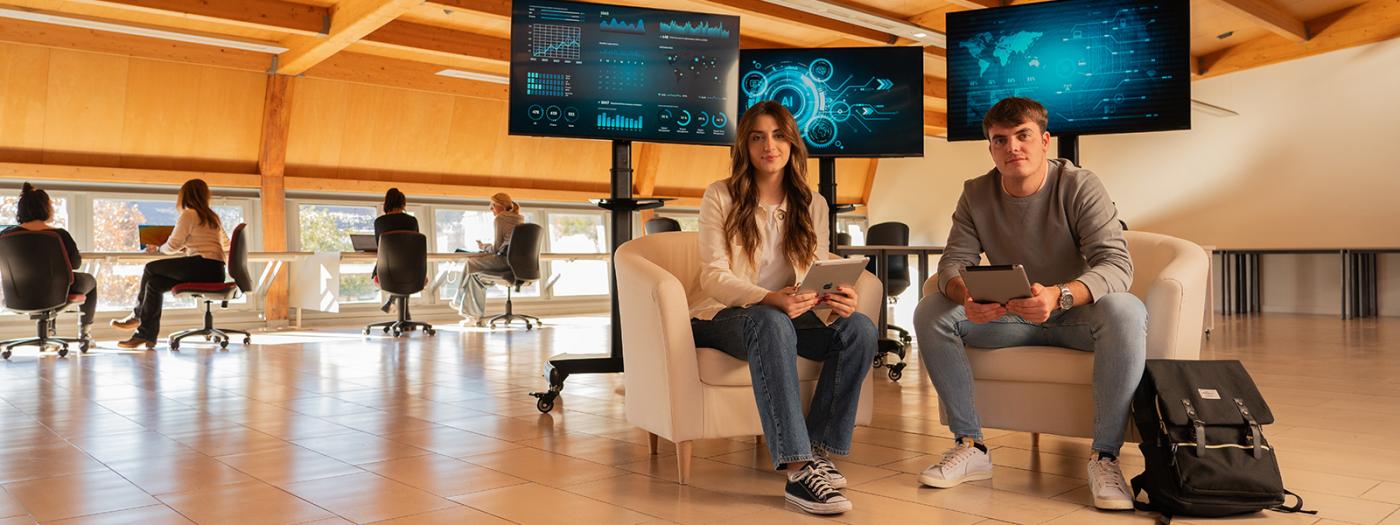Titular Professors
To provide students with a big picture view of the sports media industry and to help provide analytical skills, knowledge and concepts on a variety of different sectors for better understanding of sports media and PR theory and practice.
By the end of this course, students should be able to have achieved the objectives set up for this course and have developed the competencies listed above, and more specifically understand the theory and practical application of:
- The role of media and PR in the sports industry complex
- Sports content production and distribution
- How media rights deals are made
- Communication management by major sports organizations
- Athlete branding and communication
- How media and PR are managed at a live sports event
- Introduction: A history of the sport / media relationship
- Sports media consumer behaviour trends
- Media perspective: media rights and TV production
- Athlete branding and in the digital era
- Event media: Euroleague Basketball Final 4 case
- Sports organizations: owned, paid, earned media and new players
- OTT and Esports
The learning experience is based on a range of teaching methods that seek to foster your understanding of the subject matter and most importantly the realities of changing industry practices. A hands-on approach is crucial throughout the course with out-of-class readings, assignments and exercises; teamwork activities, assignments and exercises; individual and group presentations; in class activities, exercises and discussions; and a series of company visits to key actors in the industry.
The Course grade will be based on the following point breakdown:
10% quality participation, attitude, daily in & out-of-class effort, rich feedback provided & proof of readings assigned
20% coursework assignment: production / rights
40% report and presentation: Red Bull project
30% athlete branding / re-branding project
Individual case studies and other supplemental readings will be provided to students prior to each session of class.
- Hutchins, B. and Rowe, D. (eds) (2013). Digital Media Sport : Technology, Power and Culture in the Network Society.
- International Journal of Sport Communication.
- McNary, E., & Petersen, P. M. (2010). Social cognitive theory and mass communications: A content analysis of youth publicity. Mauritius:VDM Verlag.
- Petersen, P. M. (2015). Routledge handbook of sport communication. London, UK:Routledge. Petersen, P. M., Miloch, K. S., & Laucella, P. (2007). Strategic sport communication, Cahmpaign, IL: Human Kinetics.
- Rowe, D. (1999) Sport, Culture and the Media. David Rowe Open University Press: Buckingham.
